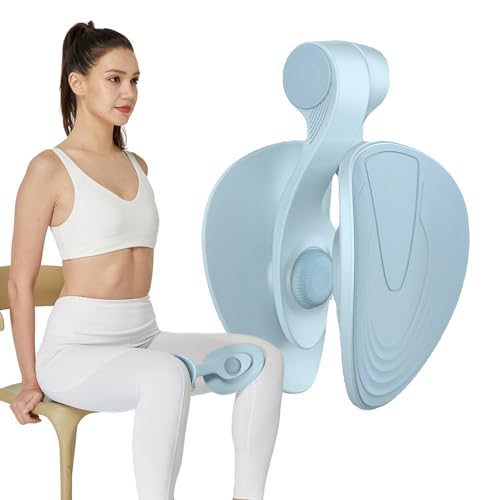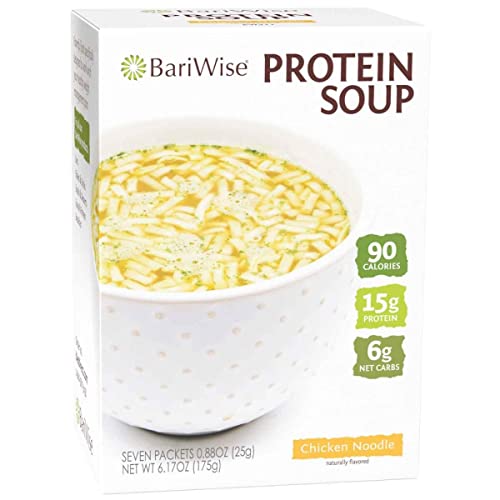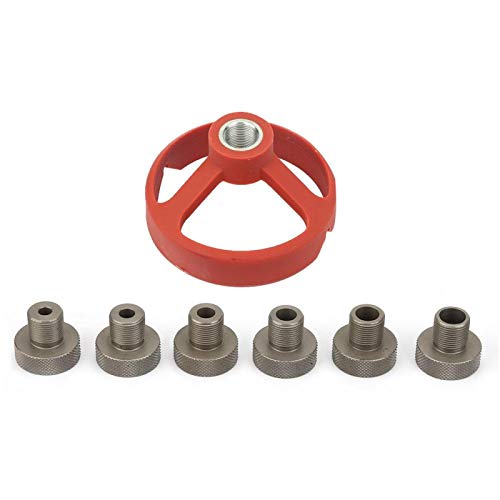The carpenter's maxim is equally applicable to bariatric surgery: THINK TWICE, CUT ONCE.
Read about what people who have had an RNY have to go through to get revised to a DS. It essentially NEVER goes the other way.
You can change you mind until the moment you go unconscious on the OR table.
Read about what people who have had an RNY have to go through to get revised to a DS. It essentially NEVER goes the other way.
You can change you mind until the moment you go unconscious on the OR table.











































